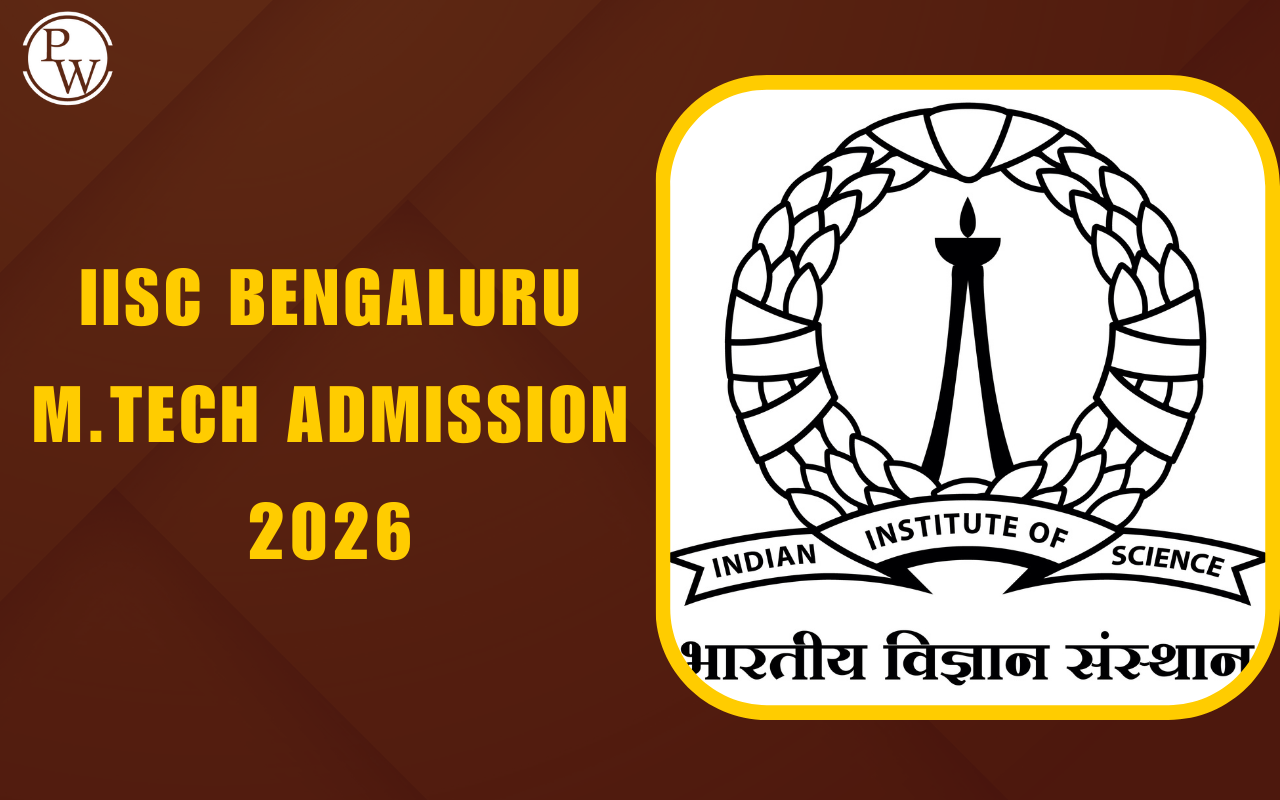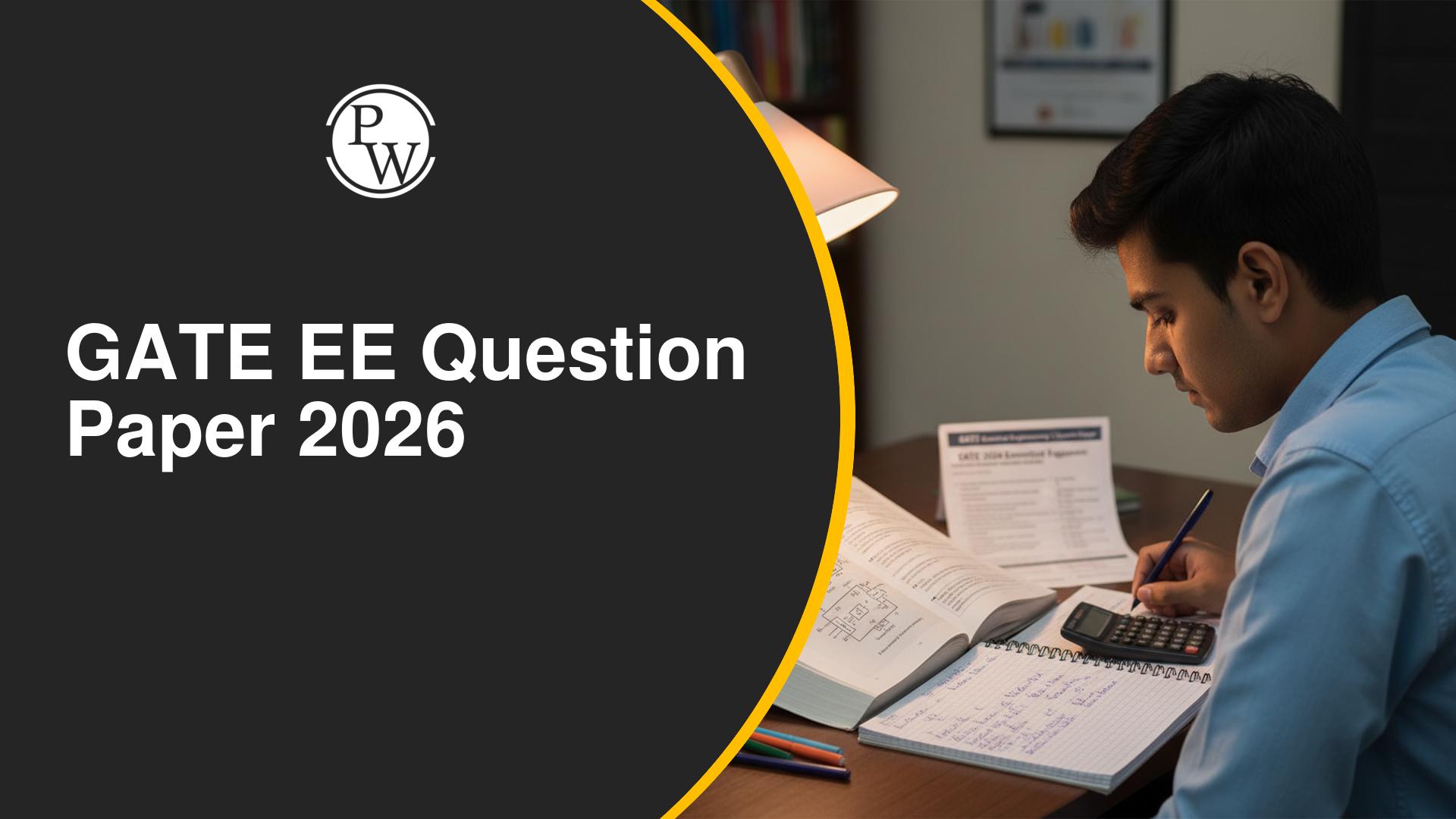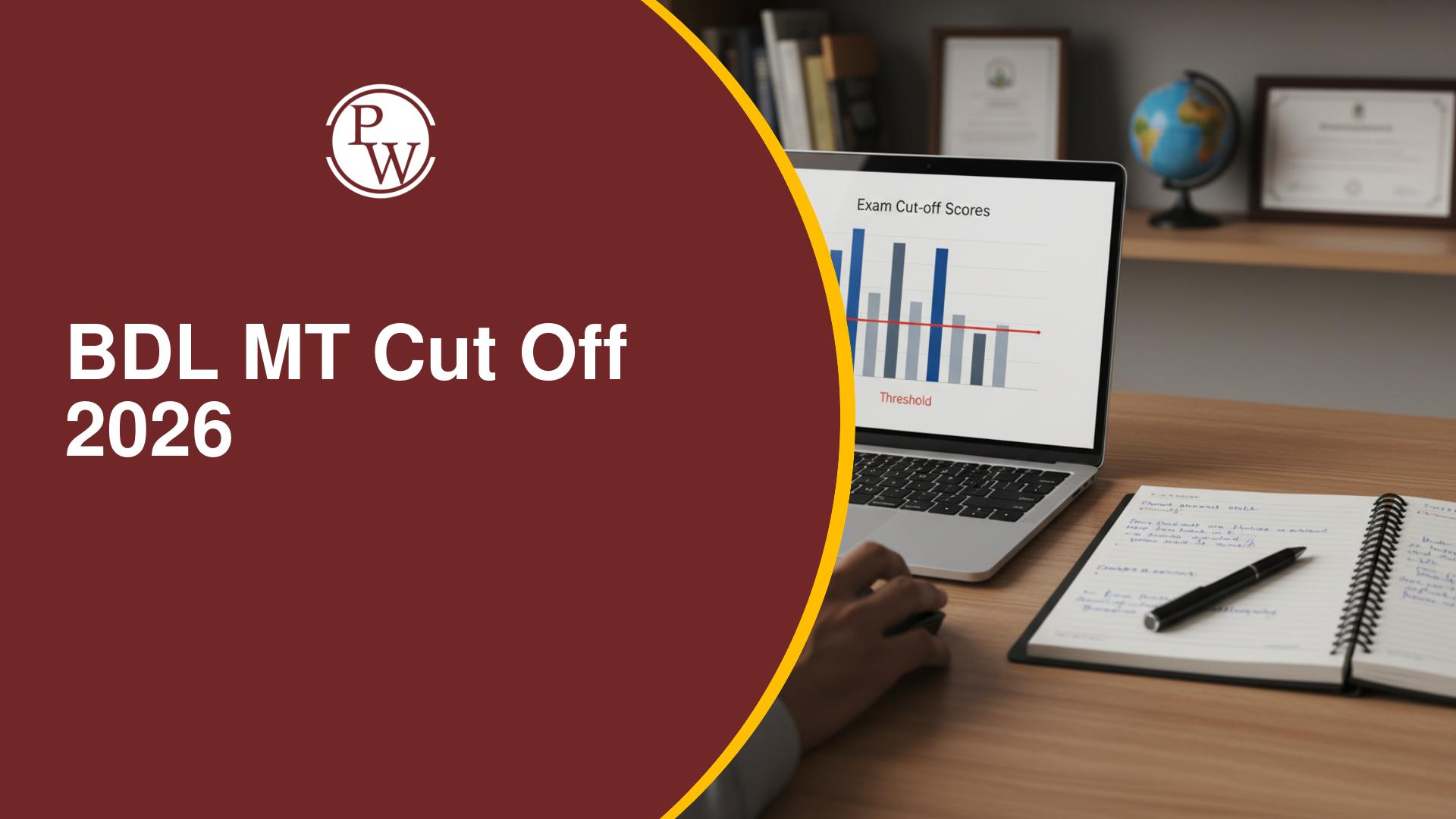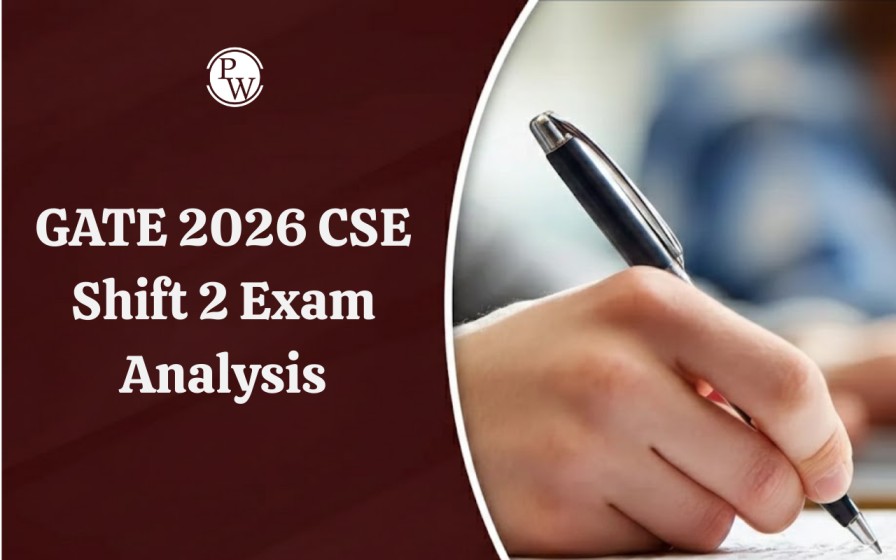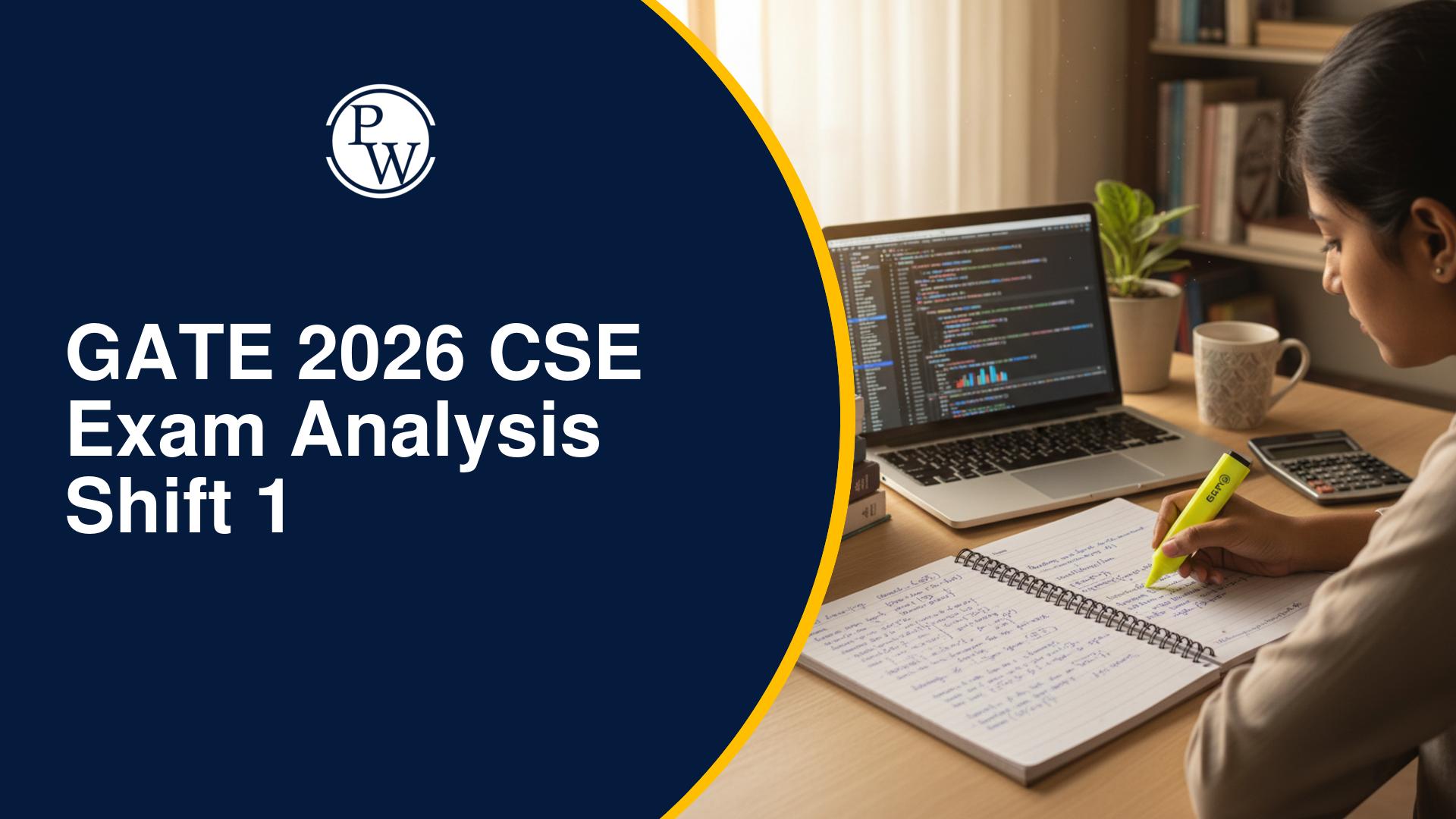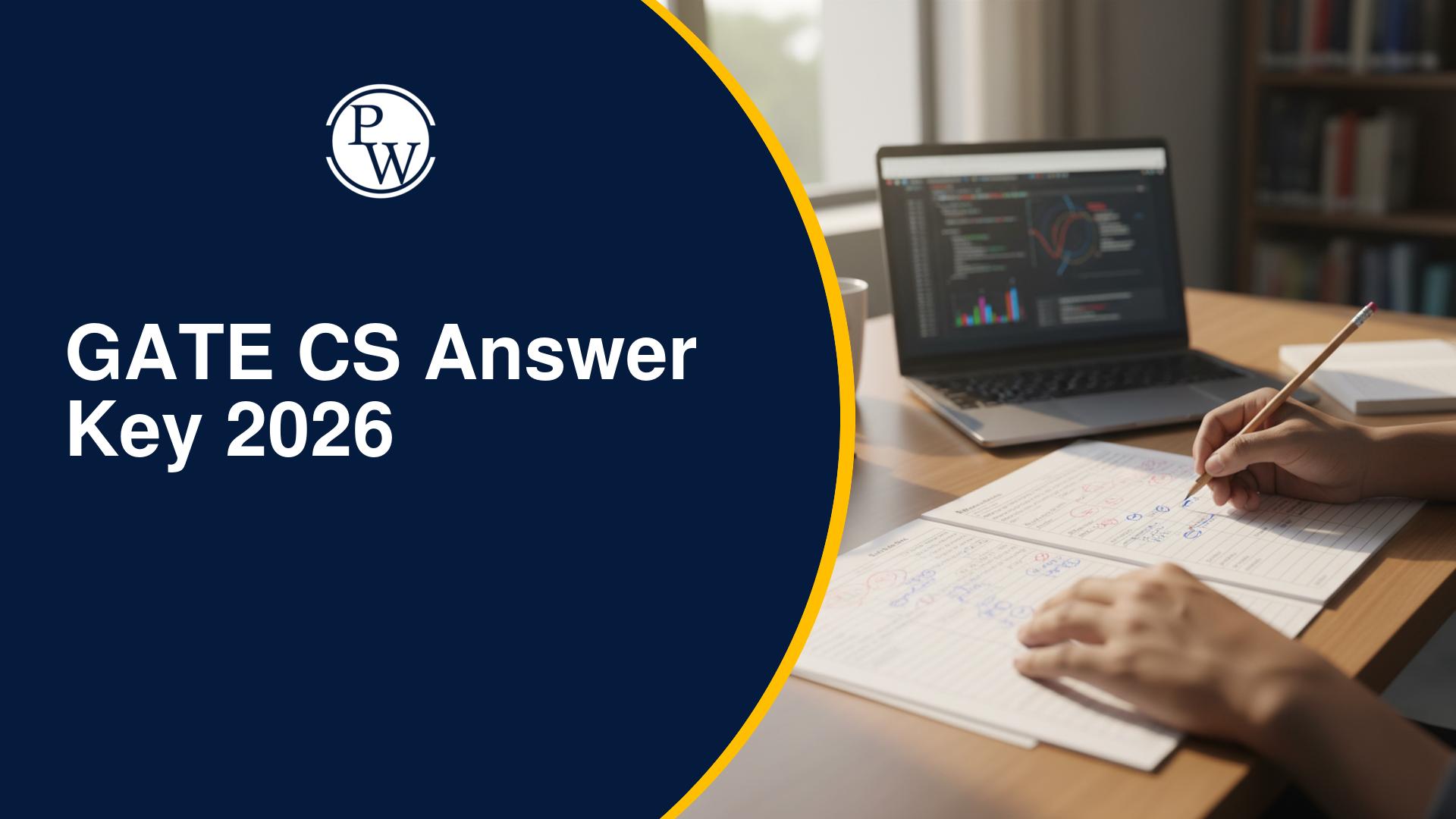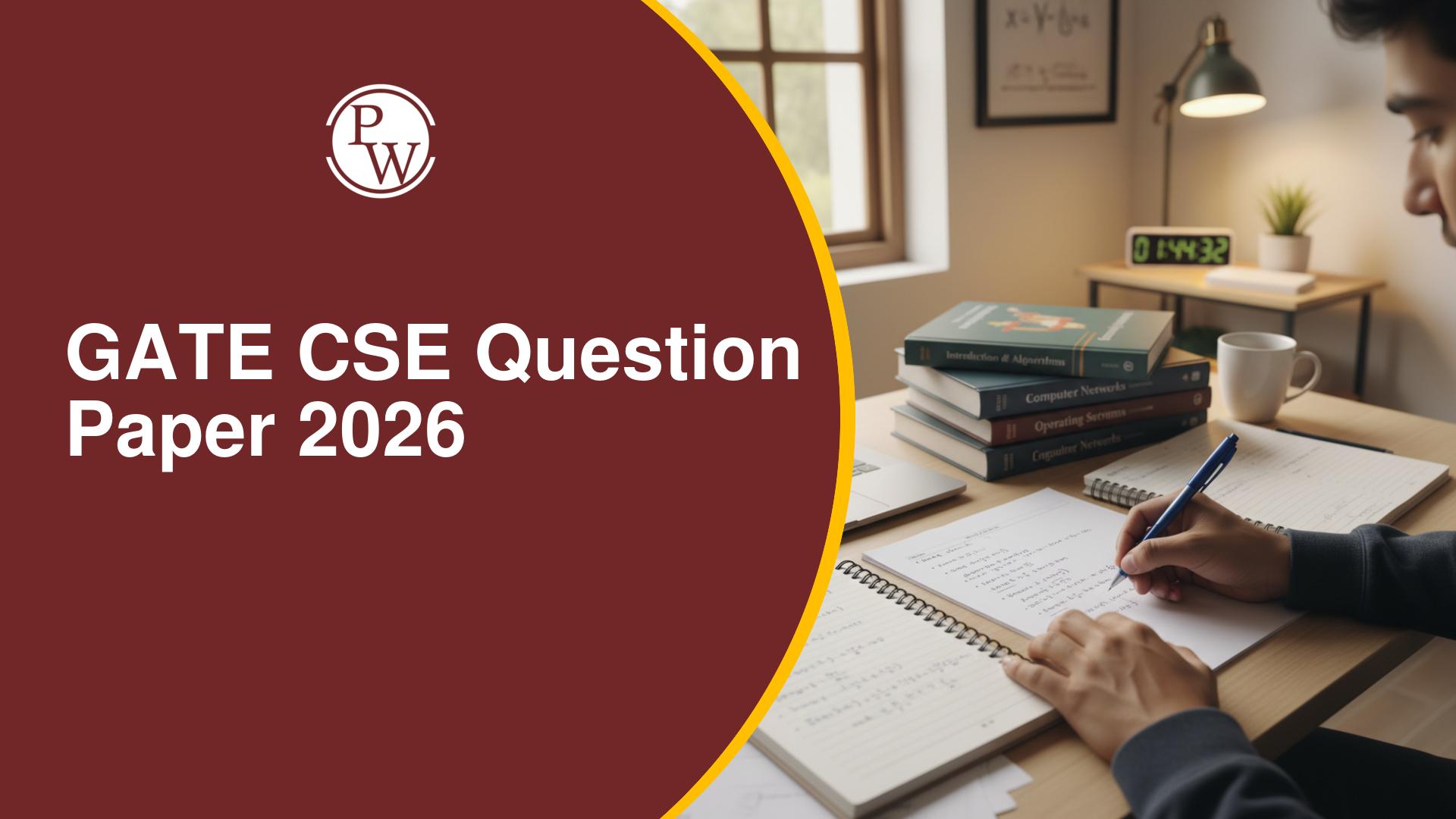
Aerospace Engineering Subjects- Aerospace Engineering is an engineering branch that covers how to design, build, and repair spaceships, missiles, and weapons systems. Aerospace Engineering includes two important, overlapping branches: aeronautical engineering and astronautical engineering.
Aerospace engineering covers Mechanics, Solid Mechanics, Fluid Mechanics, Thermodynamics, Heat Transfer, and Materials Science as foundational courses. Aerodynamics, Gas Dynamics, Propulsion, Flight Mechanics, Theory of Mechanics, Aerospace Structures, Manufacturing Processes, and Automatic Control are a subset of these areas. There are additional elective subjects available to help strengthen and broaden the knowledge foundation. In addition to the main courses, the course covers some basic sciences, electrical and electronic systems, economics, management, and humanities. There is also a collection of laboratory disciplines to assist students in gaining practical understanding for real-life phenomena and systems. Students have the option to work on their projects and apply for internships at the end of each semester. Candidates who desire to advance their careers in the automotive, power, manufacturing, and R&D industries should enroll in this course. Aerospace Designer, Aircraft Production Manager, Aerospace Engineer, Thermal Design Engineer, and more professions are accessible to them. Also, Check: GATE 2024 SyllabusWhat is Aerospace Engineering?
Aerospace Engineering, Aeronautical Engineering, or Astronautical Engineering is the branch of engineering concerned with the design, development, construction, testing, and operation of vehicles such as missiles, aircraft, spacecraft, satellites, and missiles that operate in the Earth's atmosphere or space. Avionics Engineering, on the other hand, is concerned with the electronics portion of aircraft engineering. Mechanical engineering covers a wide range of disciplines in aerospace engineering, including computer applications, structure, mathematics, physics, drafting, electricity, robotics, and aeronautics. According to student feedback, Aerospace Engineering is one of the most difficult branches of engineering. On the other hand, students who study this field with commitment and concentration achieve the highest results. Also Read: GATE 2024 Test SeriesAerospace Engineering Overview
Students who pursue Aerospace Engineering can find lucrative professions in the air force as a flight engineer, as well as in the aviation industry as an aircraft engineer, either privately or with a national carrier. While salaries for Aerospace Engineering graduates in India vary according to geography and experience. Continue reading to learn more about Aerospace Engineering, Subjects, job opportunities, and more. The Aerospace Engineering program is divided into eight semesters. The following are some of the course's important highlights, including course structure, course level, examination type, average starting income, top recruiters, and top job profiles:| Aerospace Engineering Overview | |
| Highlights | Details |
| Course Level | Undergraduate, Postgraduate, Doctorate |
| Duration | UG: 4-years PG: 2-years Doctorate: 3-6 years |
| Examination Type | Semester-wise |
| Admission Process | JEE Main, LPUNEST, MET, GATE, JEE Advanced |
| Course Fee | INR 8-14 lakh |
| Top Colleges | IIT Bombay, IIT Kharagpur, IIT Kanpur, IIT Madras, SRM University |
| Average Starting Salary | INR 10 lakh |
| Top Recruiting Companies | Indian Space Research Organisation, Hindustan Aeronautics Limited, National Aerospace Laboratories, SpaceX, Antrix |
| Job Positions | Aerospace Engineers, Aeronautical Engineers, Aeronautical Mechanical Engineers, Astronomical Engineers, Aerospace Design Checker |
Aerospace Engineering Subject List
Aerospace engineering courses cover more than just the professional core subjects. They also have fundamental science subjects, fundamental engineering subjects, humanities and social science disciplines, elective subjects, and labs. The subjects taught in these categories are listed in the table below:| Aerospace Engineering Subject List | ||
| Professional Core Subjects | Introduction to Aerospace Engineering | Aero Engineering Thermodynamics |
| Manufacturing Technology | Space Science | |
| Aerodynamics | Aerospace Structural Mechanics | |
| Flight Systems Instrumentation | Mechanics and Machines | |
| Space Mechanics | Air Breathing Propulsion | |
| Flight Dynamics | Fundamentals of Aerospace Control Engineering | |
| Finite Element Methods | Space Propulsion | |
| Elements of Space Flight | Rockets and Launch Vehicles | |
| Computational Fluid Dynamics for Aerospace Engineering | Vibration and Elements of Aeroelasticity | |
| Hypersonic Aerodynamics for Aerospace Vehicles | Spacecraft Dynamics & Avionics | |
| Basic Sciences Subjects | Engineering Mathematics | Engineering Physics |
| Materials Science | Transforms and Partial Differential Equations | |
| Engineering Chemistry | Numerical Methods | |
| Engineering Sciences Subjects | Problem Solving and Python Programming | Engineering Graphics |
| Electronics and Instrumentation Engineering | Engineering Mechanics | |
| Strength of Materials for Mechanical Engineers | Mechanics Fundamentals | |
| Basic Electrical | Fluid Mechanics and Machinery | |
| Humanities and Social Sciences Subjects | Communicative English | Environmental Science and Engineering & Technical English |
| Elective Subjects | Computer-Aided Design and Analysis | Aerospace Materials |
| Cryogenics | Launch Vehicle Aerodynamics | |
| Experimental Stress Analysis | Additive Manufacturing | |
| Machining and Precision Manufacturing | Launch Vehicle Configuration Design | |
| Reliability and Quality Assurance | Foundation Skills in Integrated Product Development | |
| Intellectual Property Rights | Disaster Management | |
| Fundamentals of Nanoscience | Top Quality Management | |
| Combustion Engineering | Economics and Principles of Management | |
| Spacecraft Sensors and Instrumentation | Spacecraft Systems Engineering | |
| Professional Ethics in Engineering | Spacecraft Structures | |
| Space Missions | Human Rights | |
| Satellite Navigation and Control | Spacecraft Power Systems | |
| Automatic Control Systems | Composite Materials and Structures | |
| Heat Transfer in Space Applications | Missile Guidance and Control | |
Aerospace Engineering Subjects for Diploma
The following subjects are taught in the diploma in Aerospace Engineering program:- Aircraft instrumentation system
- CAR (civil aviation regulation)
- Aircraft maintenance and practice
- Aircraft system
- Aircraft structure
- Avionics and aircraft radio system
- Aircraft structures servicing lab
- Maintenance management
- C- Programming lab
- Avionics lab
- Aircraft system servicing lab
- Project work (working model)
- Aircraft electrical system
- Aircraft instrument system lab
- Aircraft materials
- Applied mathematics
- Applied science
- Basic aerodynamics
- Basic computer skills lab
- Basic electrical and electronic engineering
- Basic electrical and electronic engineering labs
- Basic workshop practicals
- Computer aided engineering graphics
- Engineering graphics (conventional)
- English communication
- Fluid mech and pneumatics lab
- Industrial visit
- ISAP lab
- Jet engine lab
- Jet engine theory
- Materials testing (NDT) process lab
- Organizational management
- Piston engine lab
- Piston engine theory
- Fluid mech and pneumatics aircraft inspection and documentation
Aerospace Engineering Subjects for BTech
The Aerospace Engineering program is a four-year BTech program. The course syllabus includes basic and elective subjects, as well as practical classes. During the summer and winter breaks, students must also participate in industrial training and internships. Students must produce a project report or present a model in the final semester to demonstrate their understanding of the material covered in the course. These topics are considered essential to the field and provide the solid foundation of knowledge required to comprehend and function in the aerospace sector. The following subjects/topics are covered in Aerospace Engineering course:| BTech First Year Subjects | |
| Semester - I | Semester - II |
|
|
| BTech Second Year Subjects | |
| Semester - III | Semester - IV |
|
|
| BTech Third Year Subjects | |
| Semester - V | Semester - VI |
|
|
| B.Tech Fourth Year Subjects | |
| Semester - VII | Semester - VIII |
|
|
Aerospace Engineering Subjects for MTech
The following subjects are taught in the M.tech First Year Subjects in Aerospace Engineering program:| MTech First Year Subjects | |
| Semester - I | Semester - II |
|
|
| MTech Second Year Subjects | |
| Semester - III | Semester - IV |
|
Project |
Aerospace Engineering Subjects in GATE Exam 2024
The authorities have made the GATE aerospace engineering syllabus pdf 2024 available to help students comprehend the main themes on which the entrance exam's questions will be based. The engineering mathematics subject is mandatory for all candidates taking the GATE Aerospace Engineering 2024 exam. Also Suggested: How to Prepare for GATE 2024 in 3 Months ? Candidates can study more about the subjects covered in the examination by downloading the GATE 2024 aerospace engineering syllabus pdf. The entire GATE Aerospace Engineering syllabus is provided below:Aerospace Engineering Syllabus 2024 For General Aptitude
The GATE Syllabus for General Aptitude Section is included in the table below for candidates to review:| GATE Aerospace Engineering Syllabus 2024 For General Aptitude | |
| Topics | Syllabus |
| Verbal Aptitude |
|
| Quantitative Aptitude |
|
| Analytical Aptitude |
|
| Spatial Aptitude |
|
Aerospace Engineering Syllabus 2024 For Engineering Mathematics
The engineering mathematics portion of the GATE Aerospace Engineering Syllabus 2024 covers significant topics such as linear algebra, calculus, differential equations, and some special topics. This is one of the frequent subjects in most engineering disciplines in the GATE examination. In the exam, it will be worth 13 marks. These topics are further separated into subtopics, as shown below.| GATE Aerospace Engineering Syllabus 2024 For Engineering Mathematics | |
| Topics | Syllabus |
| Linear Algebra |
|
| Calculus |
|
| Differential Equations |
|
| Special Topics |
|
Aerospace Engineering Syllabus 2024 For Core Discipline
Candidates can review the GATE Syllabus for Core Aerospace Engineering 2024 in the table below:| GATE Aerospace Engineering Syllabus 2024 For Core Subjects | |
| Subjects | Syllabus |
| Flight Mechanics |
|
| Space Dynamics |
|
| Aerodynamics |
|
| Structures |
|
| Propulsion |
|
Aerospace Engineering Subjects - Best Books
There are various books about Aerospace Engineering accessible in India that students should read for additional information. Some of the most well-known ones, along with the authors' names, are included below:| Aerospace Engineering Subject Wise Books | |
| Book Name | Author |
| Introduction to Flight | John D. Anderson Jr |
| Aircraft Structures for Engineering Students | T.H.G. Megson |
| Aerodynamics for Engineers | by John J. Bertin and Russell M. Cummings |
| Introduction to Aerospace Engineering | Vinay Kumar and Rohit Kandakatla |
| Aerospace Propulsion | P. Rathakrishnan |
| Flight Stability and Automatic Control | Robert C. Nelson |
| Introduction to Finite Element Method | K. N. Seetharamu and S. R. Shiva Shankar |
| Principles of Space Instrument Design | A.C. Walker |
| Introduction to Space Dynamics | William T. Thomson |
| Spacecraft Attitude Dynamics | Brij N. Agrawal and Robert W |
Aerospace Engineering Subjects FAQs
What is the best subject for Aerospace Engineering?
Maths and Physics are the subjects required for courses such as Aerospace Engineering. Aerospace Engineering is a relatively easy course for a candidate who excels in these topics.
What courses are required for Aerospace Engineering?
Aerospace Engineering requires the following subjects:
-Basic Engineering Subjects
-English
-Mathematics
-Physics
-Chemistry
-Biology for Engineers
-Materials Science
What is the most difficult subject in the Aerospace Engineering program?
Aerospace Engineering covers a wide range of topics. However, there are some difficult subjects in that course, including:
-System dynamics
-Structural Mechanics and Dynamics
-System Design
-Propulsion
-Aerodynamics
-Guidance and Control
-Transportation Theory
Is the syllabus for aeronautical engineering courses the same at all IITs?
In the IITs, the disciplines taught in the BTech and MTech courses of Aerospace Engineering are similar. The subject's orientation may vary.
Is the BTech Aerospace Engineering Syllabus inclusive of practicals and internships?
Yes, labs are included throughout the program's first seven semesters, and internships are available in the final year, usually in the seventh semester.
Talk to a counsellorHave doubts? Our support team will be happy to assist you!

Free Learning Resources
PW Books
Notes (Class 10-12)
PW Study Materials
Notes (Class 6-9)
Ncert Solutions
Govt Exams
Class 6th to 12th Online Courses
Govt Job Exams Courses
UPSC Coaching
Defence Exam Coaching
Gate Exam Coaching
Other Exams
Know about Physics Wallah
Physics Wallah is an Indian edtech platform that provides accessible & comprehensive learning experiences to students from Class 6th to postgraduate level. We also provide extensive NCERT solutions, sample paper, NEET, JEE Mains, BITSAT previous year papers & more such resources to students. Physics Wallah also caters to over 3.5 million registered students and over 78 lakh+ Youtube subscribers with 4.8 rating on its app.
We Stand Out because
We provide students with intensive courses with India’s qualified & experienced faculties & mentors. PW strives to make the learning experience comprehensive and accessible for students of all sections of society. We believe in empowering every single student who couldn't dream of a good career in engineering and medical field earlier.
Our Key Focus Areas
Physics Wallah's main focus is to make the learning experience as economical as possible for all students. With our affordable courses like Lakshya, Udaan and Arjuna and many others, we have been able to provide a platform for lakhs of aspirants. From providing Chemistry, Maths, Physics formula to giving e-books of eminent authors like RD Sharma, RS Aggarwal and Lakhmir Singh, PW focuses on every single student's need for preparation.
What Makes Us Different
Physics Wallah strives to develop a comprehensive pedagogical structure for students, where they get a state-of-the-art learning experience with study material and resources. Apart from catering students preparing for JEE Mains and NEET, PW also provides study material for each state board like Uttar Pradesh, Bihar, and others
Copyright © 2026 Physicswallah Limited All rights reserved.

